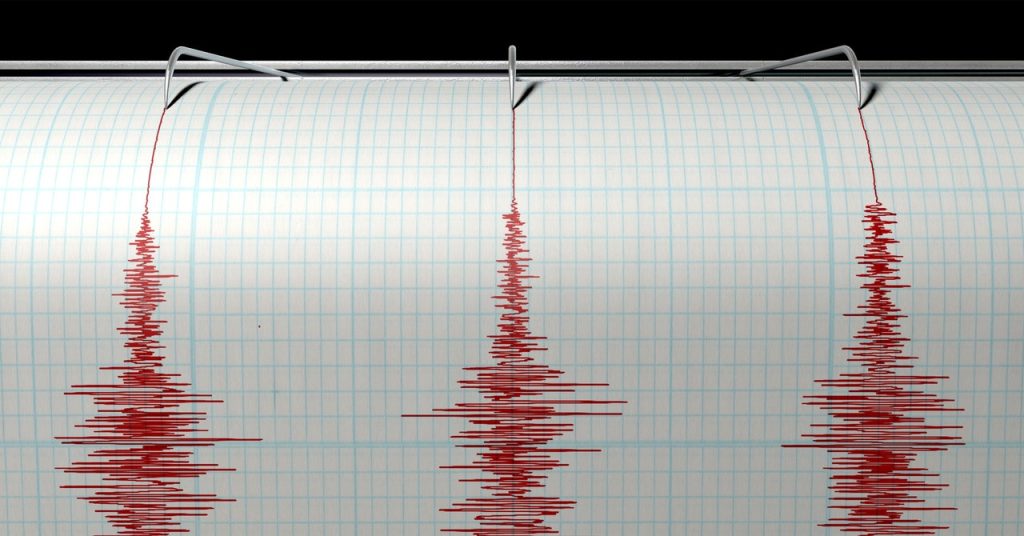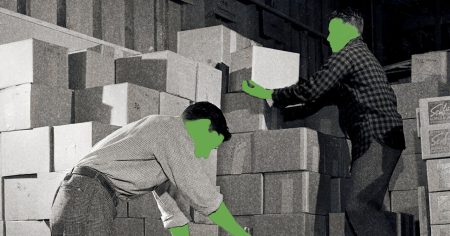We’ve already discussed how the Israel-Hamas war is the latest conflict where people are poring over social media and news channels looking for updates on what, exactly, is happening. After all, whether it’s news about our neighborhoods or communities on the other side of the world, the web is where we go to find updates.
And it’s another reminder that misinformation is often big business, and it’s everywhere: fake news and fabrications, half-truths and obfuscations, and flat-out lies and propaganda. The rise in AI-powered deep fakes has only made the problem worse and increased the amount of untrustworthy content out there.
So is it actually still possible to filter truth from lies online? We don’t yet have a foolproof way of checking—perhaps that’s a task AI could be trained on next—but there are ways to limit the likelihood of being fooled.
Know Your Sources
Some online sources are clearly more reputable than others: It’s right to be more skeptical about a post by an unknown X user than it is about something from The New York Times or The Washington Post (or WIRED). That’s not to say citizen journalism can’t be useful, because it absolutely can, but be wary of taking it at face value.
It’s not just the source that’s important, it’s the number of sources. Like Bernstein and Woodward, you need to get information backed up and verified by more than one source whenever possible. If you’re looking at a video of an event, for example, look for more recordings from other people, taken from different angles.
If you’re not sure about a particular source, check its history—which is fairly easy to do on social media. Does their most recent post match up with what they’ve posted before? Are they posting a lot of generic content that can’t really be authenticated? How many followers do they have, and how are they interacting with them? These can all be useful factors to consider.
Check the Context
As well as checking the sources of particular stories, photos, and videos, examine the context around them. You can look at whether a video clip is one of a series, for example, or something that seems to have appeared out of nowhere.
Read the full article here









